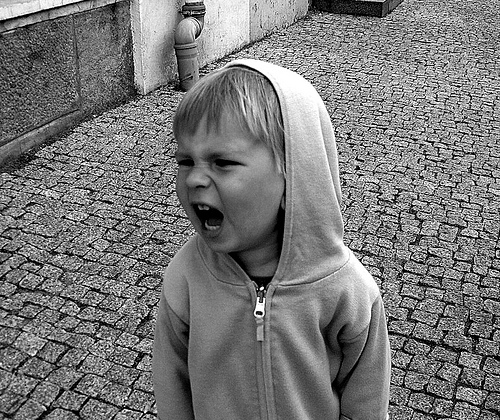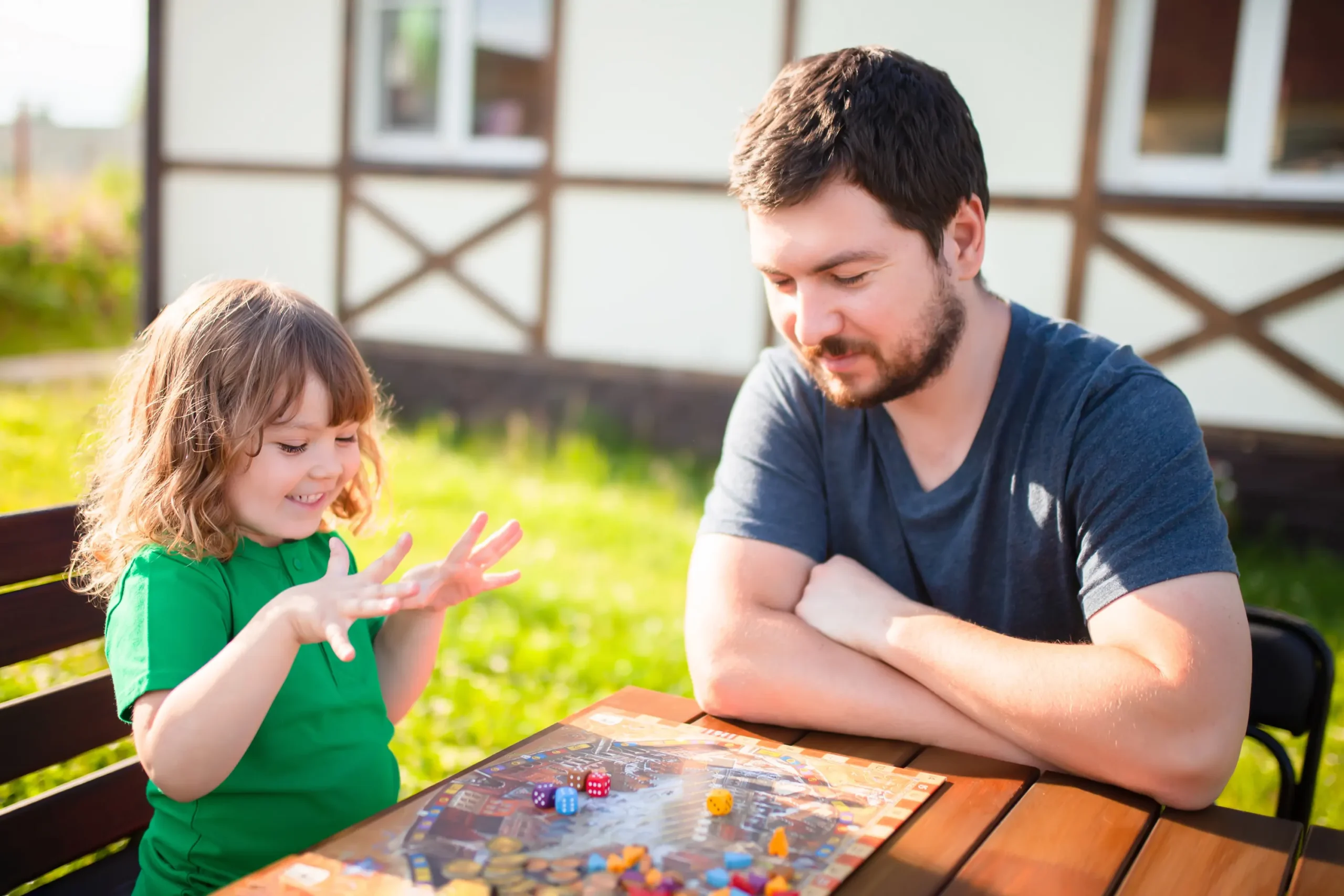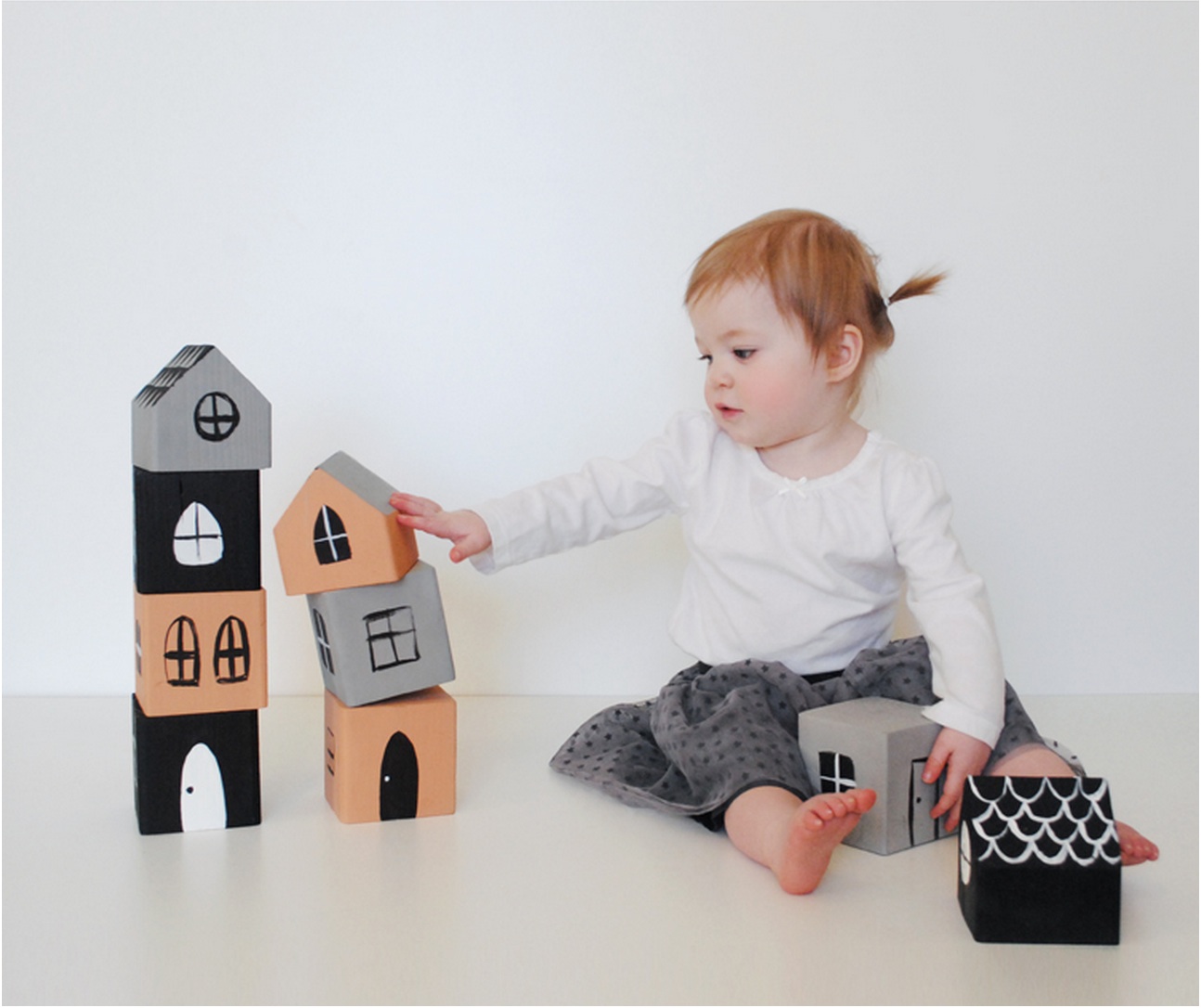
How to Discipline a Child Under 5
It’s common for parents who have children under the age of five to struggle with disciplining their children, as so many forms of discipline that work on older children and teenagers are inappropriate or ineffective. And you can’t punish a young child by giving them a curfew or grounding them. Here are a two age appropriate ways to effectively discipline children under the age of five.
How to Discipline a Child Under 5 Years Old
Time Out
Time out is an effective method of disciplining young children as the consequences are immediate. Many parents make the mistake of giving young children long term consequences or delayed punishments, which don’t work as children under five won’t see the link between their behavior, which happened in the past and their punishment.
Time out works best if you take your child to the time out zone immediately after they misbehaved. It is fair to give your child a warning but if they ignore your warning then take them to the time out zone immediately.
It’s important to remember that if you give your child too much leniency and multiple warnings they won’t take what you say seriously.
When it comes to choosing a time out spot, choose a comfortable space but one that is away from your child’s toys and other distractions, as the point of time out is for your child to calm down and reflect on their behavior.
When you first start implementing time out your child is likely to throw a tantrum in order to get their own way. If your child runs away, simply pick them up and place them back in the designated Time Out zone.
While it may be tempting to give in, if you stand your ground your child will calm down once they realize there is no way to get out of their time out. Also remember not to keep your child in the time out zone too long, five minutes is an appropriate length of time.
How To Use a Time Out in Public
If you’re in public and your child misbehaves you can still use time out as a punishment. Simply explain to your child that if they misbehave again they will have to sit quietly with you for five minutes, away from their friends or any exciting activities or stores that may be around. If your child makes a scene and throws a tantrum then consider taking them home straight away.
While you may feel like a bad guy taking your child home, when they may have been looking forward to a special day out, your child is unlikely to act out in public again as they know that they’ll be sent home if they misbehave.
Let your children live with the consequences of their actions.
Another effective method of discipline is to allow your child to live with the consequences of their actions, as long as the consequences don’t threaten your child’s safety or wellbeing.
As an example, if your toddler is rough with their toys and breaks them, don’t replace them straight away. Or if you young child throws their treats, like cookies, on the ground, explain to your child that there aren’t any more cookies. Your child will soon realize what the consequences of their behavior are.
Although it may be difficult to see your child upset, rest assured that you’re preparing them for the future, as you might not always be around to guide your children to make the right decisions.
Reward Good Behavior
While it’s crucial to teach your children that bad behavior has real consequences it’s also important to teach them that there are also positive consequences and rewards for good behavior. Such rewards don’t need to be expensive, all most young children want is praise from their parents.
Examples of reward for good behavior could include:
- your child choosing a book for you to read to them
- a sweet treat
- a sticker
- a hug and a positive affirmation
By rewarding your child’s good behavior and disciplining their inappropriate or naughty behavior you’ll encourage your child to showcase good rather than bad behavior.
Remember when disciplining a child under five, make the consequences immediate and try to let your child cope with the consequences of their actions, instead of shielding them.
Although it may be hard at first to be firm about what is acceptable behavior, don’t worry as children are fast learners and will adapt their behavior on their own, when they realize that their behavior has real consequences.




